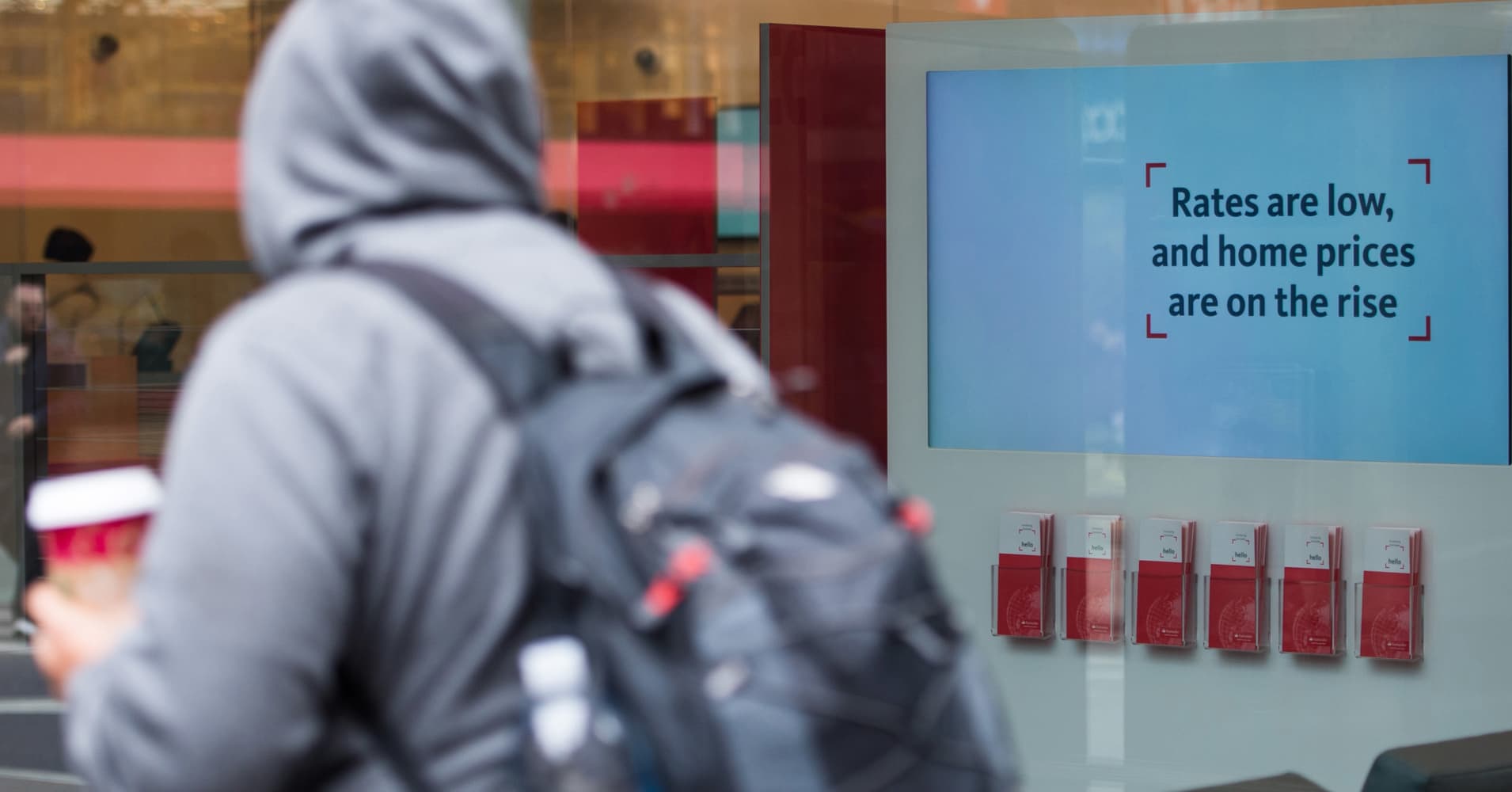
Home values are high, the housing market is competitive, and more buyers want to get in. As a result, an increasing number of buyers are lying and cheating.
Mortgage fraud risk jumped more than 12 percent year over year at the end of the second quarter, according to CoreLogic, which measures six fraud indicators: identity, income, occupancy, property, transaction and undisclosed real estate debt. One in every 109 mortgage applications is estimated to have indications of fraud.
"Because home prices are rising, and demand is strong, most mortgage fraud in this type of market is motivated by bona fide borrowers trying to qualify for a mortgage," said Bridget Berg, principal of fraud solutions strategy for CoreLogic. "Undisclosed real estate liabilities, credit repair, questionable down payment sources and income falsification are the most likely misrepresentations."
Loan applications for real estate purchases are more likely to have fraud than for refinancing, and that may be part of the reason for the increase in overall fraud risk. Because of higher interest rates, refinancing activity has slowed, so the share of purchase applications is higher.
The biggest jump in mortgage fraud risk was due to income reporting, up 22 percent annually. Since the epic housing crash a decade ago, lenders have had very strict limits on the amount of debt a borrower can have compared to his or her income. Some borrowers are therefore juicing their incomes in order to qualify. How? The internet is making it a lot easier.
A casual search will result in any number of online services that will not only generate fake pay stubs, but will also answer phone calls and "confirm" income verbally, all for a fee.
"Sites will have a disclaimer, claiming it's for novelty purposes or similar qualifying statements," said Berg. "Some are out of the country and not traceable. There are sites where you can buy credit lines to increase your credit."
That has wide-ranging consequences for banks, investors and even taxpayers. Mortgage giants Fannie Mae and Freddie Mac, which are under government control, either own or securitize the vast majority of new mortgages today.
Mortgage fraud tips are on the rise, according to sources at Fannie Mae — from law enforcement, consumers, trade groups and lender partners who sell loans to Fannie Mae and are required to self-report.
"Technology is definitely part of the problem," said Nima Ghamsari, CEO of Blend, a software company for mortgage originators. "We should use data and we should use the ability to find trusted sources of information, like direct deposit streams, like payroll provided directly from employers' databases, so that the consumer isn't providing that information that can be altered or doctored."
At Apex Home Loans in Rockville, Maryland, senior mortgage banker Matt Lieberman said he is seeing the biggest increase in occupancy fraud. This is likely due to the recent surge in rental investment and house flipping.
"Most people want to say they'll live in the property because their terms will be better than if they're renting out the property," Lieberman said.
For lenders like Apex, fraudulent applications can certainly hurt their business because in the end they are responsible for the loans they originate.
"If somebody lies on an application, the investor that we sell the loan to will or can investigate the attributes of the loan," Lieberman said. "If, for some reason, they see something that we missed, that we should have caught, they could then force us to buy back the loan, meaning they won't actually purchase it, and they'll make us buy it back and keep it. We need make sure all our i's are dotted and t's are crossed."
The areas with the highest rate of fraud risk are New York, New Jersey, Florida, Washington, D.C., and New Mexico. California, which has some of the priciest housing markets in the nation, ranked ninth, according to CoreLogic.
The survey also found a far higher risk for fraud in loans coming from wholesale lenders or brokers — which don't fund the loans but instead gather a borrower's information and shop it to lenders. That implies brokers are also committing fraud. This was common during the last housing boom, when mortgage fraud helped bring about one of the worst financial crises in U.S. history.
Margins in the mortgage industry right now are tight. With employees at lenders driven to score commissions, according to sources at Fannie Mae, it potentially raises the incentives to cut corners to put the loans through pipelines.
The problem is nowhere near as severe as it was just over a decade ago, and the subprime market is nowhere near as large. (Subprime loans are those made to borrowers with low credit scores and little documentation.) Still, it is a slippery slope.
"I think that when there's a lot of optimism, not much risk aversion, and a lot of money around, people tend to get dumb," Howard Marks, co-chairman of Oaktree Capital, said in an interview on CNBC's "Power Lunch." "They compete to make investments, and that never works out well. I'm not concerned that we're anyplace near where we were in '07."
via IFTTT
No comments:
Post a Comment